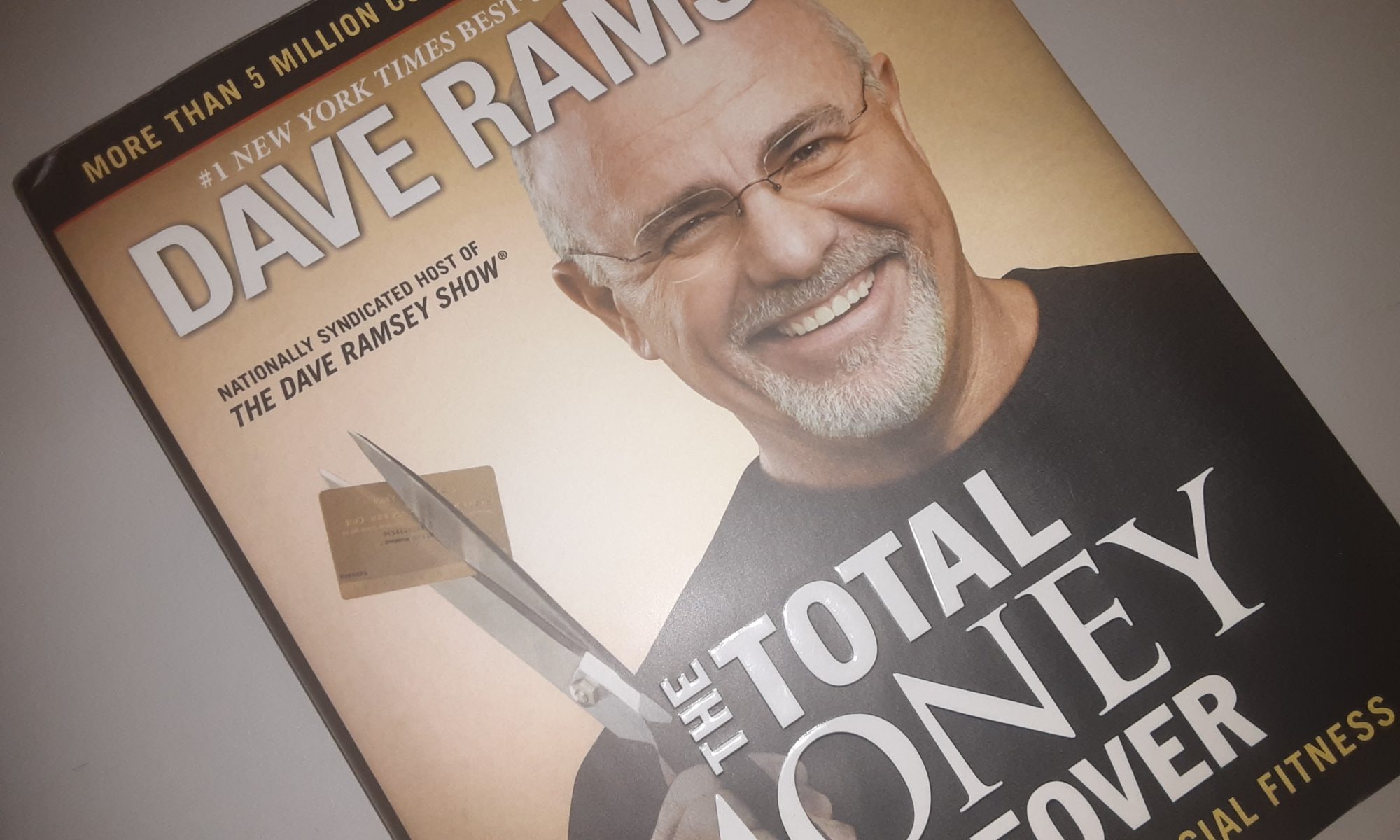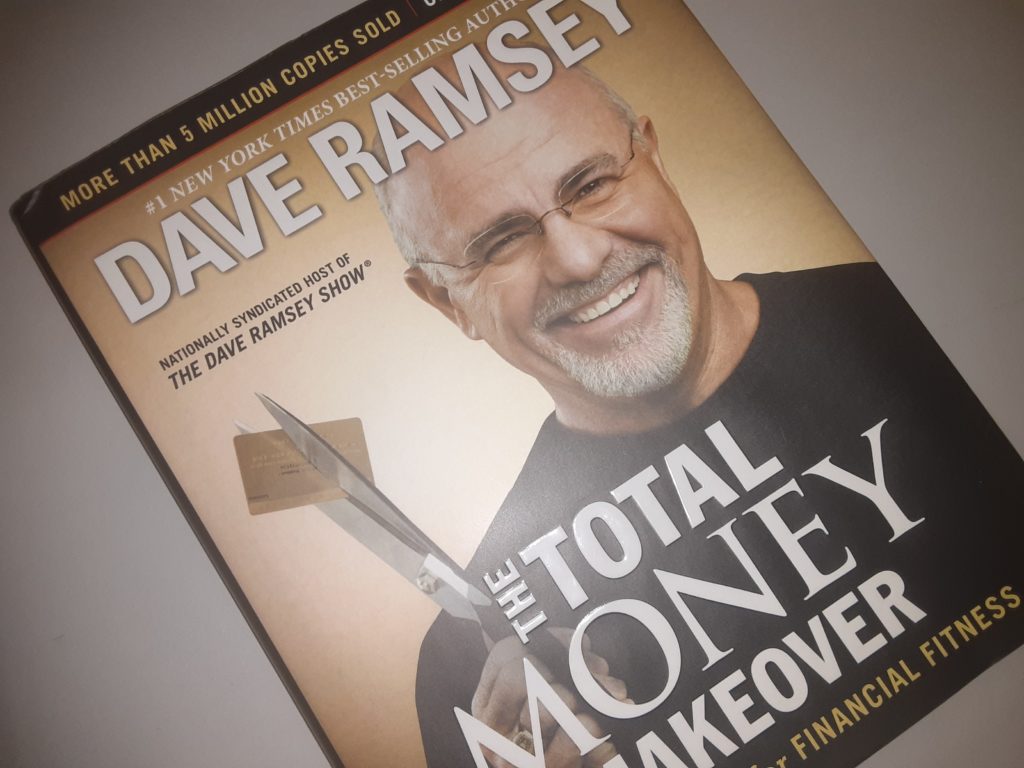I screwed up. My wife and I set a 6-month challenge for the end of 2020 to work on projects that matter to us. And we set an aggressive reward for ourselves if we succeeded.
My challenge was to write an average of 2 blog posts per week between this site and my homebrewing site over at SuperBrewers.com. Totally realistic to be able to accomplish this, but I allowed myself to get distracted.
Excuses, Excuses . . .

It’s easy to come up with justifications for why I didn’t keep up with writing two posts per week. When I had time in the mornings or evenings, it was easy to justify spending time talking to my wife about what happened or plans for the day. She matters to me, and I love spending time with her, so it’s easy to think, “I can work on my project later or tomorrow.”
Some evenings after work, I just didn’t want to think hard enough to come up with an article, so it was easy to tell myself I’d do it after I relaxed by playing a video game. But rather than stopping after the hour I told myself would be my limit, it would be time to go to bed when I stopped.
On days when I was ready to do some work, I would decide to work on the blog posts and videos . . . after I did some job searching. And that would consume the rest of my time until I started making dinner and/or spending time with my family.
And on weekdays, it was easy to say that I would work on my projects on the weekend. But when the weekend rolled around, especially now that there’s snow at the ski resort, it was easy to find things to do instead of working on the projects that were my goals.
Motivated Procrastination
I don’t know that ‘motivated procrastination’ is a thing, but it is definitely how I feel about my choices to do other things besides working on this blog and my homebrewing site. If I think a task is important to someone in my family, I tend to make that a higher priority than things for myself.
Another aspect of my motivated procrastination is fear of what others will think of my creation. I expect what I produce to be as good as it’s possible to be. When I know there will be some errors in my presentation or wording, it’s easy to just shut myself down before I start. Not only does this prevent me from sharing what I want to say, it prevents me from improving both my presentation and my writing.
Learn and Move On
Suddenly, mid-December I realized I had a lot of work to do to catch up. And my wife, while being loving, understanding, and patient started to openly comment about my freak out and continued procrastination.
There’s a Difference Between Knowing and Knowing
I know the concepts of time management, discipline, and how to do work. I work hard when I’m working on projects for others and my employer(s). But I didn’t fully internalize that knowledge to apply to projects for myself.
Dangerous Behavior
Putting other peoples’ needs and priorities over my own is both positive and negative. On the positive side, there are times where people truly need my help and I am able to help them accomplish their goals to improve their lives. But the negative side of that can lead down the road to becoming an enabler, co-dependent, or just giving up on my wants and falling down the pit of martyrdom.
Focus on Yourself
One of the things this experience has taught me is that it’s OK to focus on my wants and needs, and to verbalize them so others are aware of them, too. Not only does this help establish boundaries so that I can carve out time to work on my projects without making them feel like I’m neglecting them.
Some people may say, “But the world doesn’t revolve around you.” Trust me, I am aware of that, and I do not think my personality would allow me to focus solely on my wants and needs while neglecting the wants and goals of those around me. My natural tendency, as I talked above, is to suppress my wants in service others, especially those who are important to me.
But by neglecting my wants and goals, I am not living the life I’m meant to live. My goals are to inspire people to live better lives, and incorporate the activities they love into their life, especially as we get older.
While I may not reach thousand or millions of people with that message, I hope I can share my experiences and help someone make time to do things they love and live a more joyful life. Maybe it’s conceited of me to think I can inspire others to change their life, but seeing people give up things they love just because they’re not in their 20s anymore makes me sad.
And by neglecting this blog, in particular, I’m not even giving myself the chance to connect with people who need to hear this message.
So, whether you dream about snowboarding, running, biking, or getting in better shape, let yourself get after it. #DoHardStuffLiveBetter







